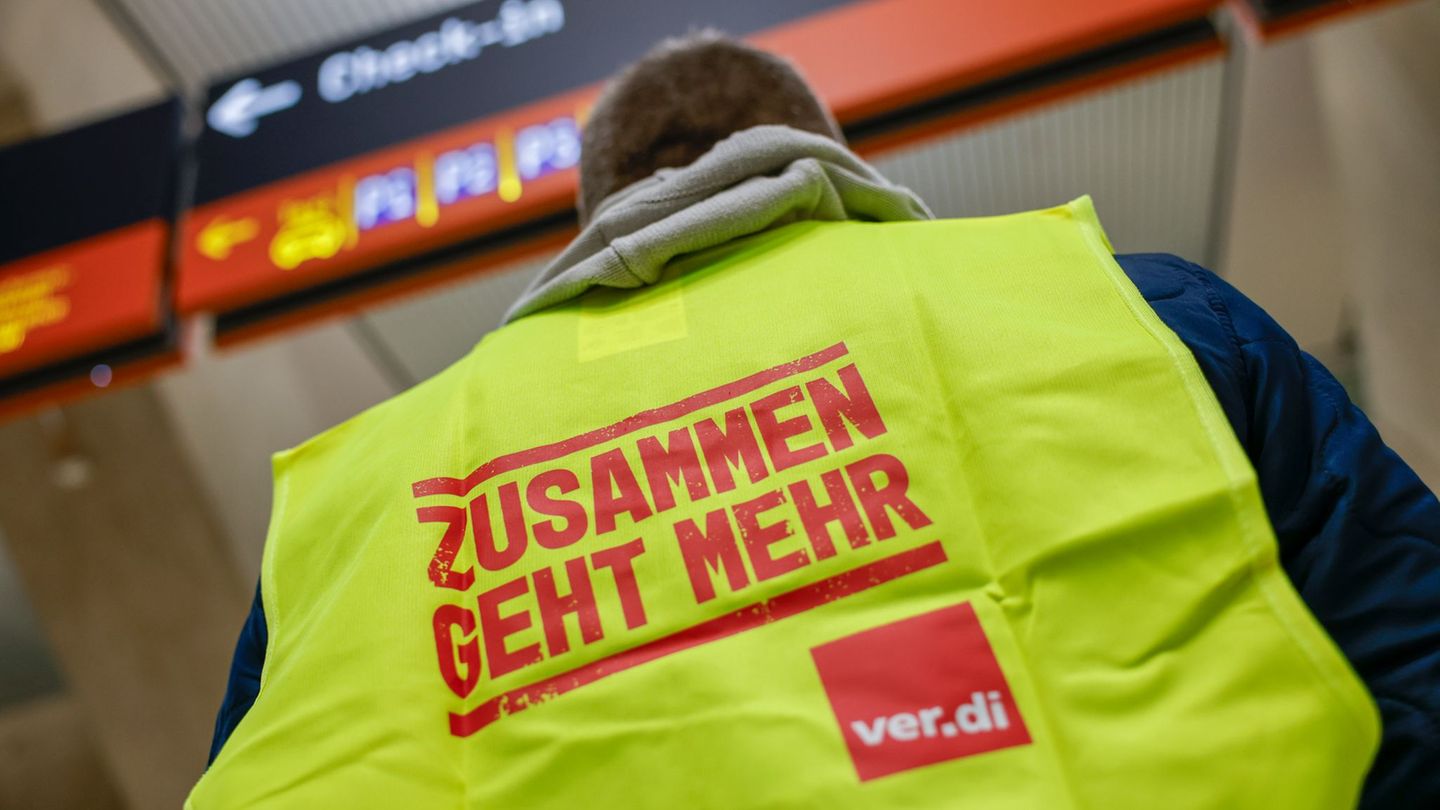I have been working in the news industry for over 6 years, first as a reporter and now as an editor. I have covered politics extensively, and my work has appeared in major newspapers and online news outlets around the world. In addition to my writing, I also contribute regularly to 24 Hours World.
Menu
Tariff dispute: agreement or strike? Important round for public service
Categories
Most Read
Conflict in the Middle East: Army: One of the bodies handed over was not a hostage
October 15, 2025
No Comments
Hamas releases video of public execution
October 15, 2025
No Comments
Hamas hostages: A German-Israeli among the dead
October 15, 2025
No Comments
Divided society: “Tritches deeper than ever” – Germany after the Gaza war
October 15, 2025
No Comments
Donald Trump is “very disappointed” in Vladimir Putin
October 15, 2025
No Comments
Latest Posts

The premarket anticipates increases on Wall Street thanks to expectations of new Fed cuts
October 15, 2025
No Comments
October 15, 2025 – 09:07 This Tuesday new statements from members of the Fed will be added. On the business side, the announcement of a

The UN warned of war crimes against civilians in Gaza despite the ceasefire
October 15, 2025
No Comments
The United Nations Organization (UN) This Wednesday he expressed his “concern” about the violations of rights and freedoms that Palestinian civilians would continue to suffer

Stellantis announced a historic investment of US$13 billion to expand its production and employment in the US
October 15, 2025
No Comments
October 15, 2025 – 08:37 With this plan, the automaker plans to increase its annual production by 50% compared to current levels and maintain a
24 Hours Worlds is a comprehensive source of instant world current affairs, offering up-to-the-minute coverage of breaking news and events from around the globe. With a team of experienced journalists and experts on hand 24/7.

